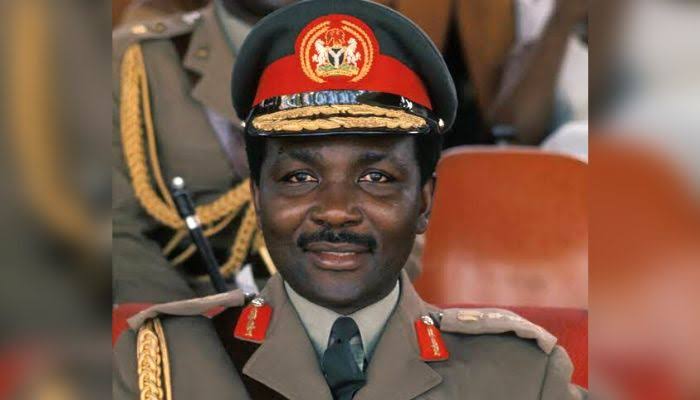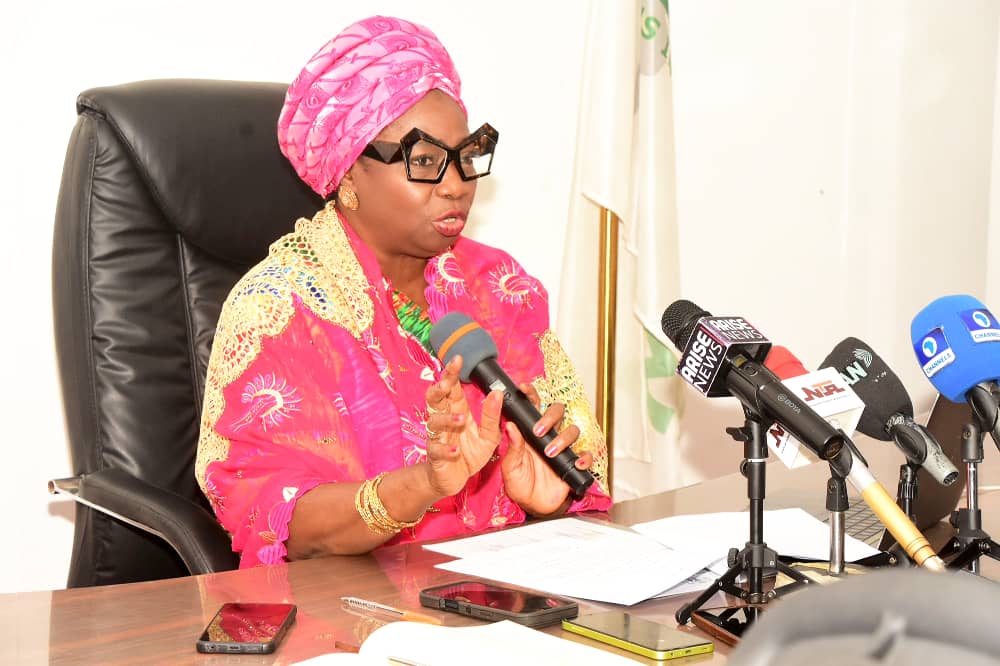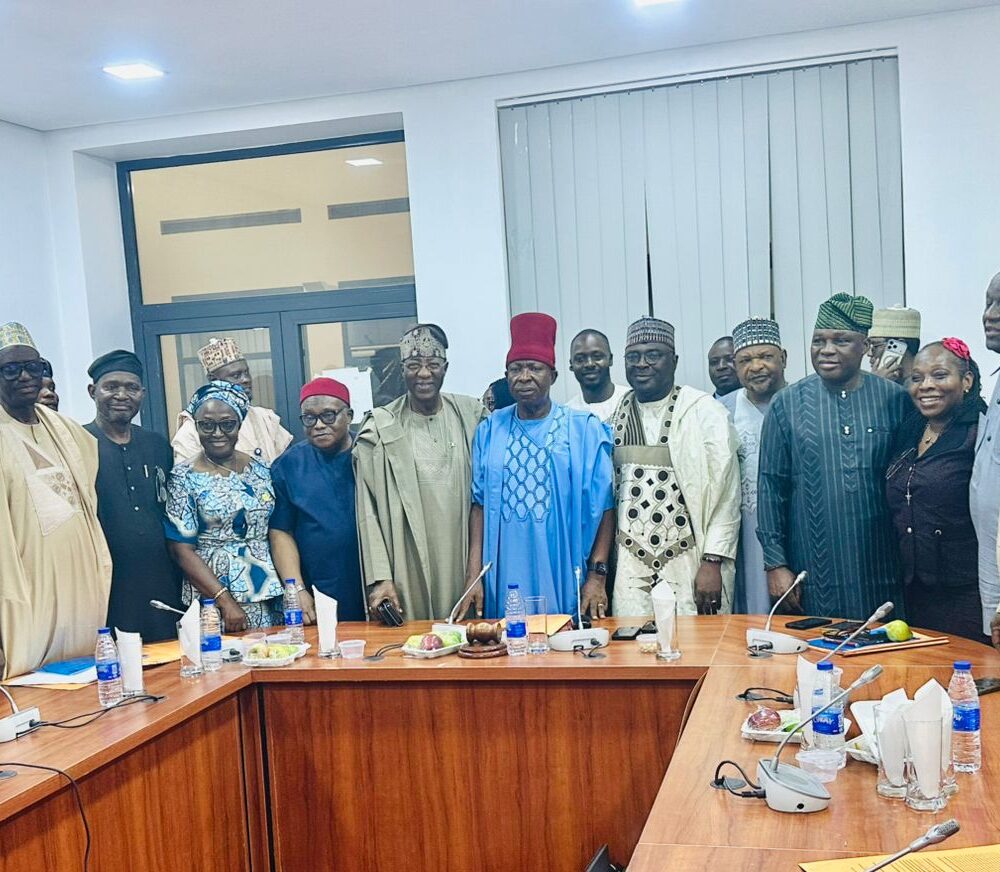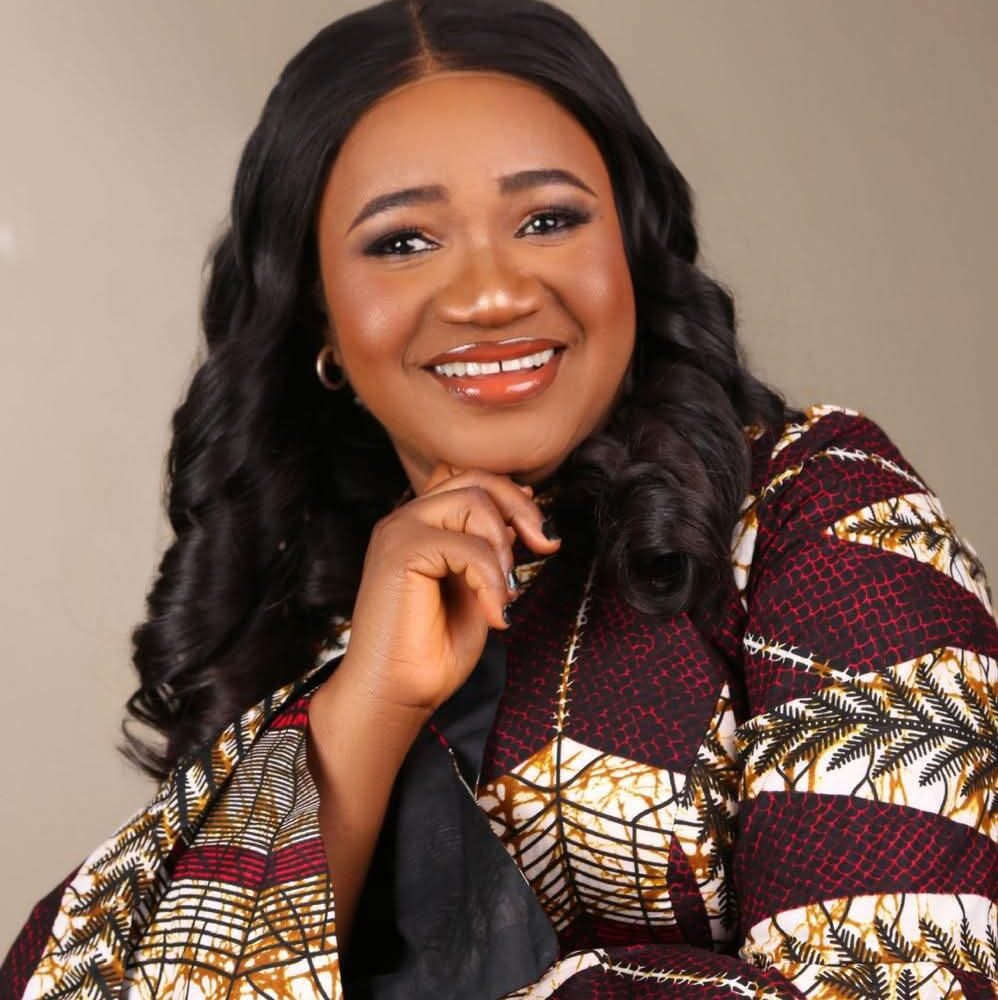Yakubu Gowon, Nigeria’s former war-time Head of State, has reached a milestone birthday, celebrating 90 years of life.
Born on October 19, 1934, Gowon’s life has been a testament to his dedication to Nigeria’s unity and progress.
Gowon hails from Kanke, in the present Plateau State, and was raised in Zaria.
His parents, Nde Yohanna and Matwok Kurnyang, were Church Missionary Society (CMS) missionaries.
Gowon’s early life was marked by academic excellence and athletic prowess, serving as his school’s football goalkeeper, pole vaulter, and long-distance runner.
He joined the Nigerian Army in 1954 and quickly rose through the ranks. He became Nigeria’s youngest military chief of staff at 31, following the January 1966 coup.
After Major General Johnson Aguiyi-Ironsi’s decree to abolish the federal system, Gowon led the July counter-coup, emerging as the Head of State.
*Civil War Leader
Gowon’s leadership during the Nigerian Civil War (1967-1970) was marked by his strategic decision to create 12 states, weakening the Eastern Region’s support base.
The war resulted in over 100,000 federal soldier deaths and three million Biafran combatant and civilian casualties.
Gowon has consistently denied allegations of atrocities committed by federal forces.
*“No Victor, No Vanquished”
The war ended with Colonel Olusegun Obasanjo’s acceptance of Biafran surrender.
Gowon’s iconic “no victor, no vanquished” speech promoted reconciliation and amnesty for those involved in the uprising.
This marked the beginning of Nigeria’s rehabilitation, reconstruction, and reconciliation efforts.
*Legacy and Later Life
Gowon’s legacy is complex, with some crediting him for preserving Nigeria’s unity and others criticizing his handling of the civil war.
Gowon’s later years
After being overthrown in 1975, Gowon went into exile, later returning to Nigeria.
He has since been involved in various national and international organizations, advocating for peace and development.
As Nigeria’s former Head of State celebrates his 90th birthday, it is essential to reflect on his contributions to the country’s history.
Diaspora Digital Media





